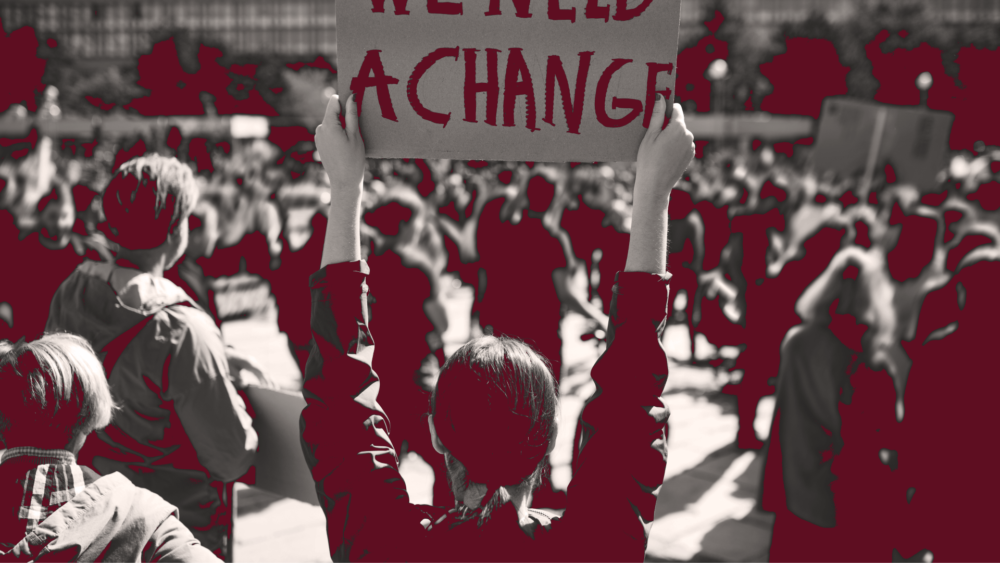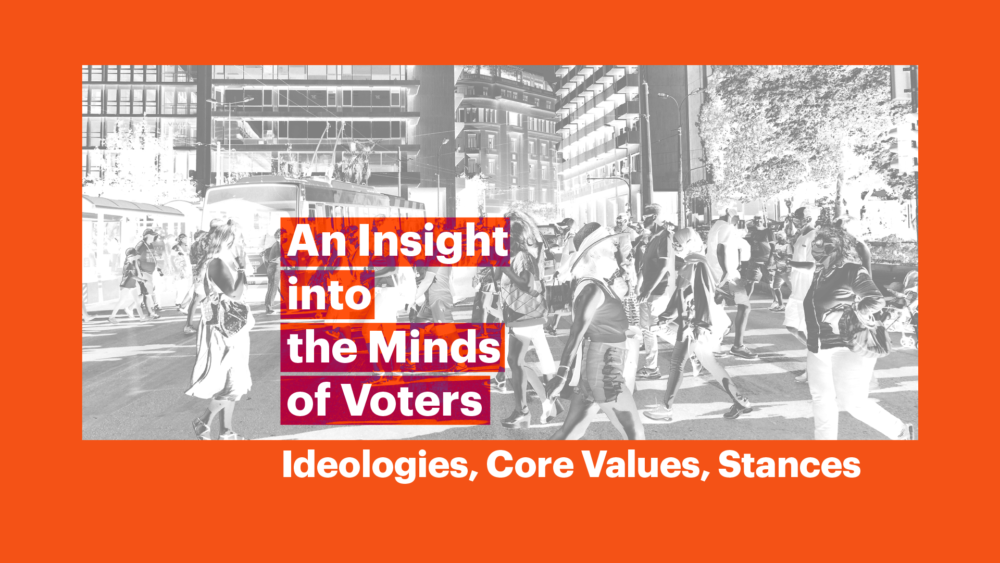
How renters experience housing insecurity
Eteron’s survey examines the opinions of 1007 renters regarding their housing situation. The survey was conducted between 24/5 and 3/6/2022 by aboutpeople.
The main findings were the following:
– Renters feel anxiety and insecurity
– Half of them struggle to make rent
– One out of five currently receives housing benefit
– The State could and should provide solutions
The predominant feelings are insecurity and anxiety. The effects in renters’ everyday lives.
28.7% of the renters who participated in the survey state they feel insecurity regarding housing issues. 21.9% feel anxiety and 17.9% say they’re exasperated. 49.1% stated that they are unable to save money due to the housing costs they need to cover, 41% said they struggle financially, 28.6% had to postpone or cancel personal plans in order to meet housing costs, while 12.6% had to find a second job. In other words, one out of ten renters needs a second job/ income in order to make ends meet.
How hard is it for renters to cover their housing costs?
Half of the participants stated that they’re able to make rent without significant issues (51%), three out of ten (31.4%) replied that they have to struggle somewhat in order to make rent, one person out of ten (10.2%) said that they find it really difficult to pay the rent every month and 6.2% stated that they’re up to three months behind with their rent payments. At the same time, 61.7% of renters said that they have made spending cuts when it comes to other basic needs and 15.2% have to receive some kind of financial aid or borrow money in order to cover basic living expenses. Two out of three use their salaries in order to cover their housing expenses (rent, utilities etc.), while 16.8% relies on friends and family for money on a regular basis, 16.3% asks friends and family for money on occasion, 12.3% receives benefits and/or relies on other state policies and 5.2% uses income from rented property in order to cover their own housing costs.
One out of five collects housing benefit
22.1% of the participants stated that they receive housing benefits. The majority of those are low-income earners, those currently unemployed , part-time employees, young people and those sharing accommodation with many others.
The main issues renters have to face with regards to housing
The top five issues that renters have to face regarding housing are 1) high energy and utilities’ costs (65.5%), 2) expensive rent (34.8%), 3) the inability to find adequate housing available for rent (28.9%), 4) properties/ flats that are in terrible condition (26.4%) and 5) the lack of heating/ cooling systems.
How did the rents change in the past two years?
Half of the participants (53,9%) stated that their rent neither increased nor decreased in the past two years. 30% said that there was a slight increase in their rent, 12.3% stated that their rent increased significantly, while for 2.3% there has been a small decrease in their renting costs. Rents in the Attica region have increased more compared to those in the rest of Greece.
Three out of four want to acquire property of their own
77.3% replied that they’d like to acquire property of their own. Half of them believe that they’ll be able to do so: 22.5% would take up a mortgage to that end, 15.8% would inherit a house or a flat and 8.4% think they’d be able to buy a house or a flat without having to get a mortgage. Younger people tend to be more optimistic.
“What’s the deal with finding affordable housing?”
Finding affordable housing is rather difficult for several reasons. The most common ones are a) the general expensiveness (49%), b) the lack of regulation regarding renting costs and the landlords’ irrational demands (45.3%) and c) people’s decreased income. Next on the list are the increase in monthly utility costs (25.7%) and Airbnb (24.1%).
Who’s to blame? How can the situation improve? Who can provide solutions?
The government (57.1%) and landlords (50.2%) are seen as the main responsible parties in terms of the housing crisis. How can the situation be improved, though? By increasing salaries and job opportunities (56.5%), setting a cap on rents (53.3%), giving tax incentives to landlords who rent their properties for less (37.9%), giving housing benefits to more people (33.2%), developing policies for social housing (23.8%), regulating Airbnb (19.7%), utilising vacant state property (19.2%) and monitoring speculative investments (golden visa etc.) (13%). The weight and the expectations for a solution fall on the shoulders of the State (46%) and the government (41.1%), followed by the “Market” (28.4%), renters’ organisations (19.6%) and the European Union (15.4%).
In summary, Eteron’s very interesting survey focuses on the renters and gives them a platform from where they can speak their minds. What they’re saying is crystal clear: They’re struggling with the rent and would like for the current situation to change. Though remaining realistic, they’re asking the State, political parties and institutions to do something about this crucial issue that concerns millions of families. Will anyone listen?
*Petros Ioannidis is the director of aboutpeople, the company that performed the data collection.



